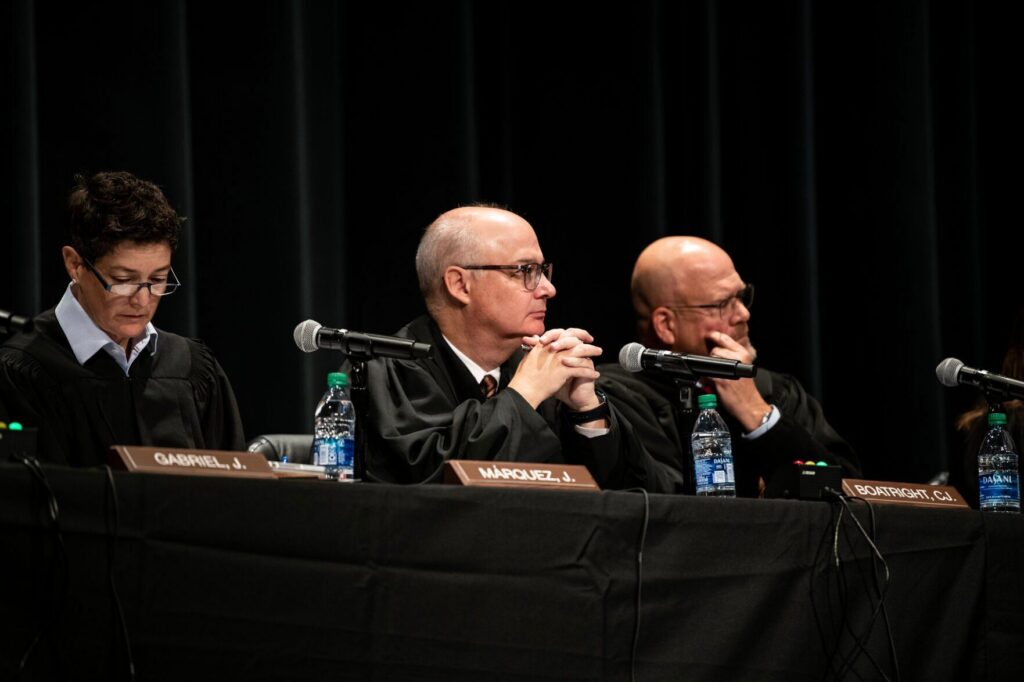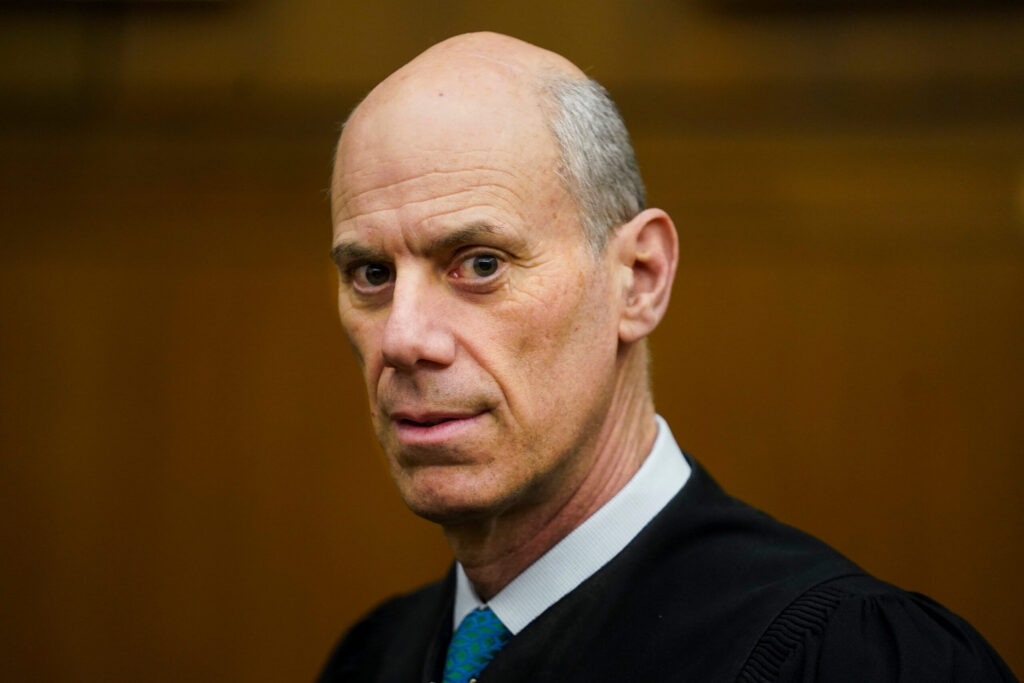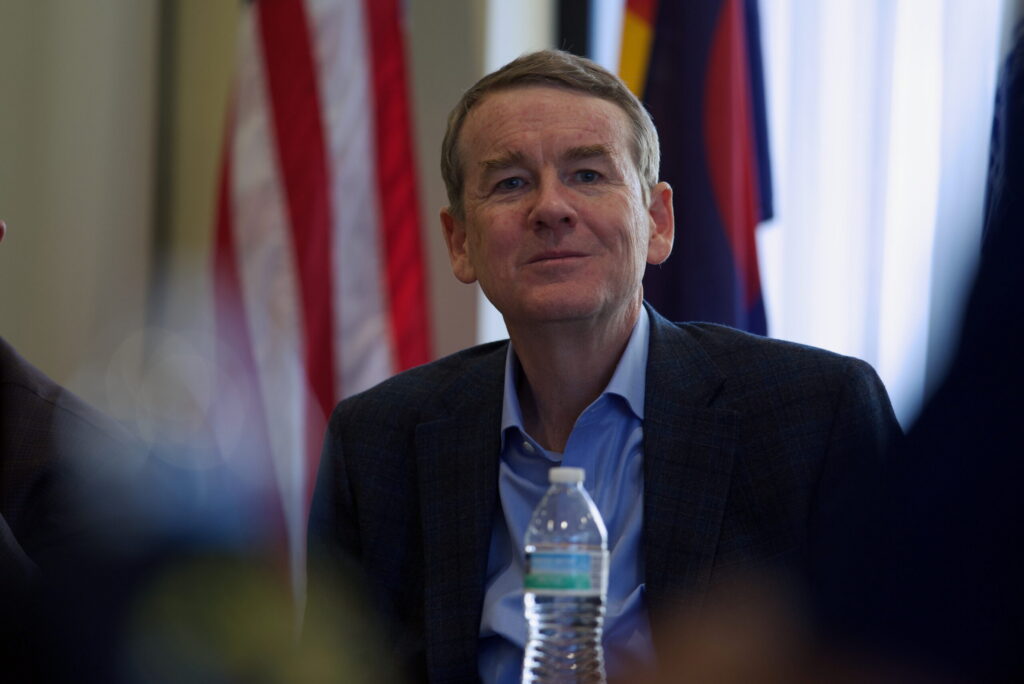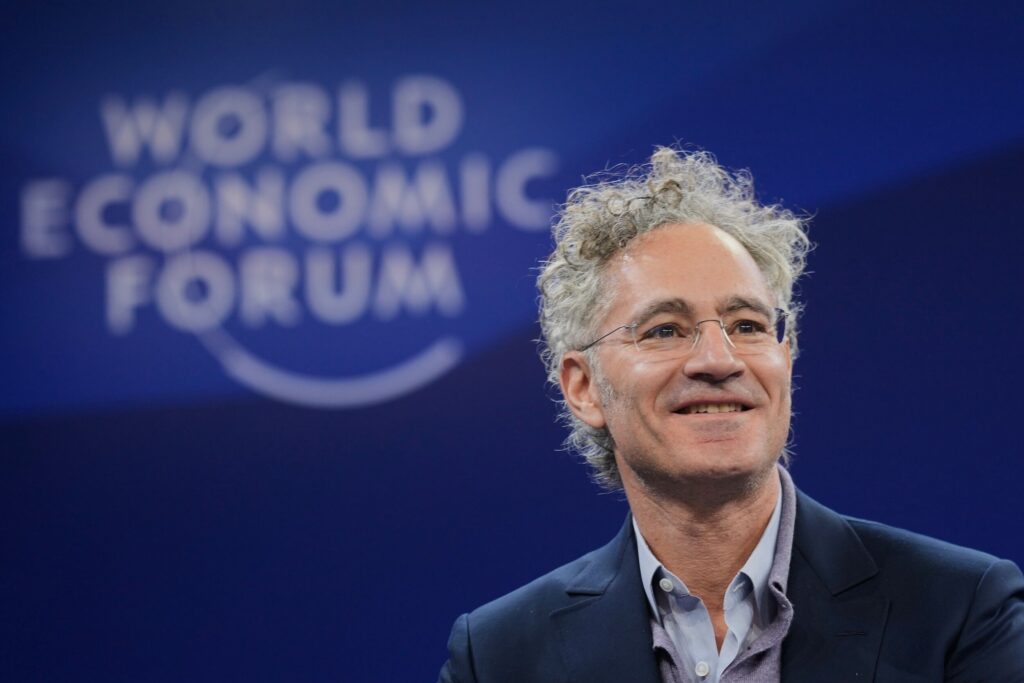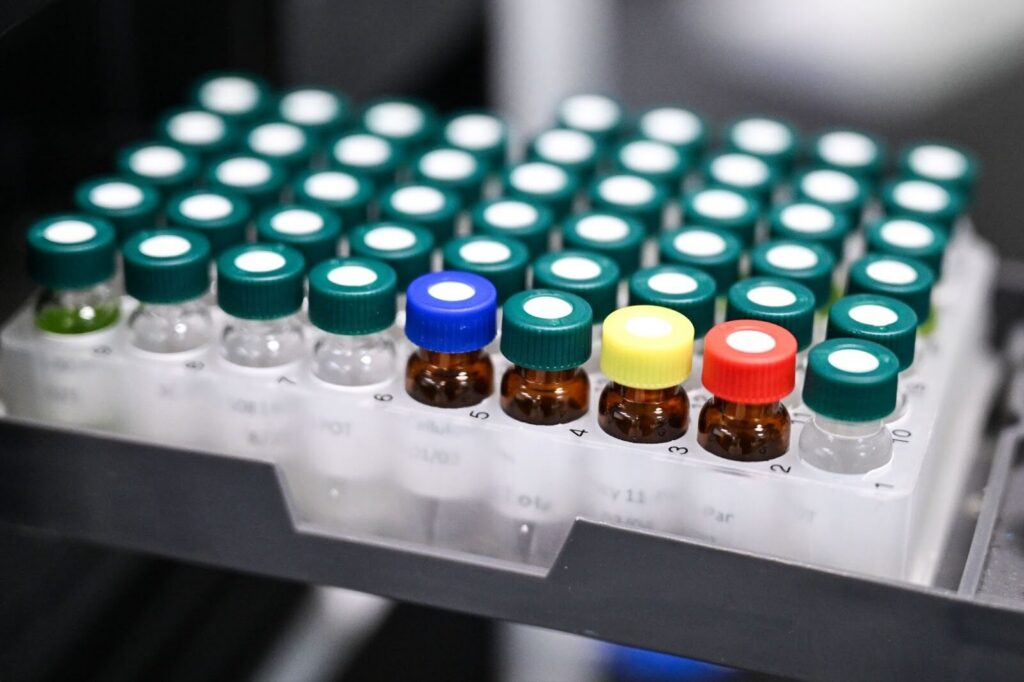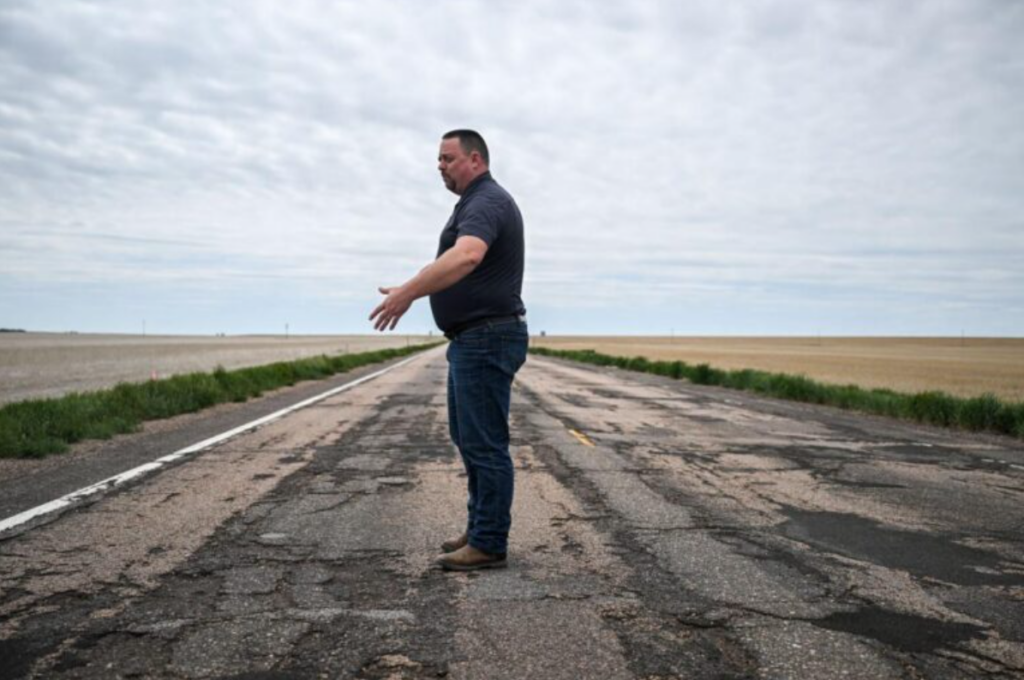Colorado Supreme Court to take up state’s first-ever fight over embryos
Who owns embryos after a divorce? The answer isn’t simple.
Sometime in the next year, the Colorado Supreme Court is taking up the first-ever challenge to a long-standing state law that keeps embryos from being implanted once a couple is divorced.
Mandy and Drake Rooks have three children, the result of in-vitro fertilization. Mandy Rooks claimed in court documents that at the time of their marriage, Drake Rooks agreed to four children, and six fertilized embryos were placed in cryogenic storage.
The couple divorced in 2014 and Mandy Rooks wants those remaining embryos. But Colorado law, dating back decades, is clear: if a marriage is dissolved before the implantation of embryos, the former spouse is not a parent of the resulting child unless the former spouse consents. And the law further states that consent may be withdrawn at any time prior to implantation.
In the agreement with the storage facility, according to a Colorado Court of Appeals decision, in the case of a divorce, unless the Rooks agreed on who would get the embryos, the agreement “left it up to the trial court to award them.” Mandy Rooks argued she is infertile and can bear no more children without those embryos.
The trial court awarded the embryos to Drake Rooks, reasoning that the Rooks intended that the embryos be discarded if they divorced, unless they agreed otherwise, which they didn’t. The court also used a “balancing of interests” approach, stating that husband’s interest in not having more children with the wife outweighed her interests in having another child.
The “balance of interests” approach is a popular one with courts around the country that have been thrust into the fight over frozen embryos. It was the basis for a 2014 trial court decision in Illinois that eventually made its way to the U.S. Supreme Court in 2016. That Court rejected the appeal, and that allowed an appeals court decision, which awarded the the embryos to the woman, to stand.
Mandy Rooks appealed to the Colorado Court of Appeals, which also ruled in favor of her ex-husband. She appealed that decision, too, and in April, the Colorado Supreme Court agreed to hear the case.
In the meantime, Mandy Rooks has picked up a powerful ally from the right-to-life movement: the Thomas More Society, a nonprofit legal firm based in Chicago. More Society Special Counsel Rita Gitchell argued that giving the embryos to Drake Rooks failed to recognize the embryos as human beings “with identifiable parents. These children were created intentionally with the participation of both Ms. Rooks and her husband,” Gitchell wrote in a recent statement. The Rooks “deliberately conceived these biological offspring with the intention of bringing them to birth. Their mother has the right to carry out their intention to bear, raise and protect them, even if their father has decided he no longer wishes to do so,” she explained.
Gitchell also said that Colorado law supports this position “because it allows a father to relinquish legal parenthood under the facts of this case. This does not affect the mother’s parental rights over the embryos.”
Just who should get those embryos reaches far beyond the six embryos sitting in storage. The right-to-life movement interest in such cases touches on issues of personhood, according to the New York Times, which noted that several states have attempted to make embryos legal persons at the moment of fertilization. Personhood amendments have been overwhelmingly rejected by Colorado voters three times in the past, most recently in 2014. Efforts to put personhood into state law by conservative lawmakers in the Colorado General Assembly have also fallen short multiple times.
The issue of frozen embryos is also a touchy one for the abortion rights movement; through a spokesperson, Planned Parenthood of the Rocky Mountains indicated they were aware of the Rooks case but would not comment on it.
The case is 16SC906. A hearing date has not yet been set, according to Drake Rooks’ attorney.
It is estimated that more than 1 million frozen embryos are in storage facilities and clinics nationwide.


